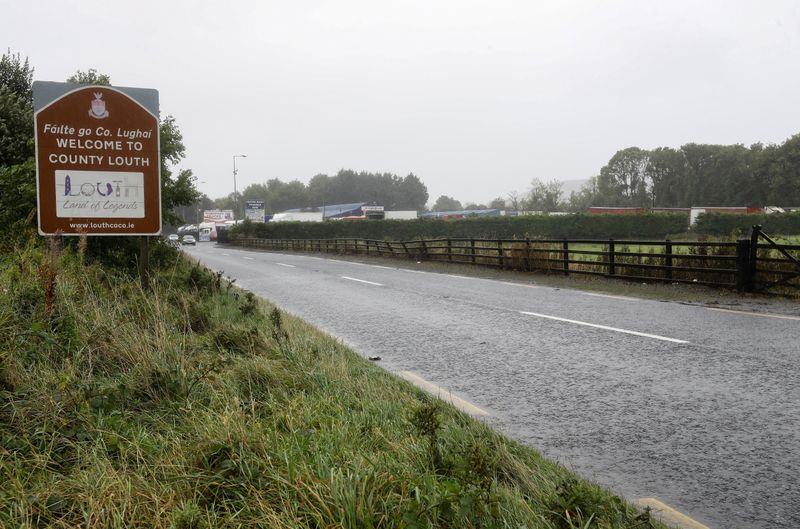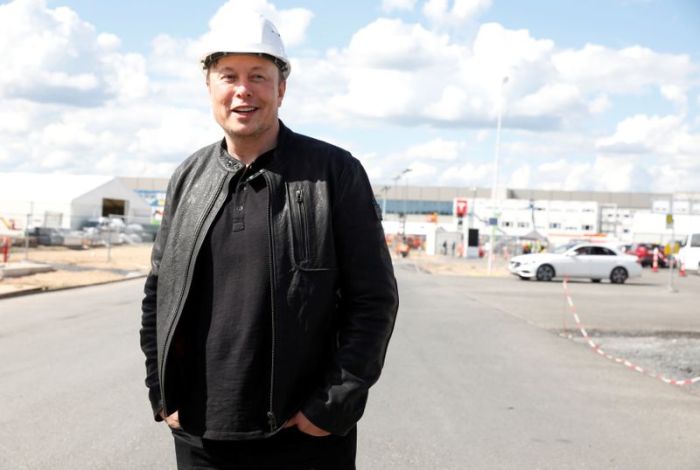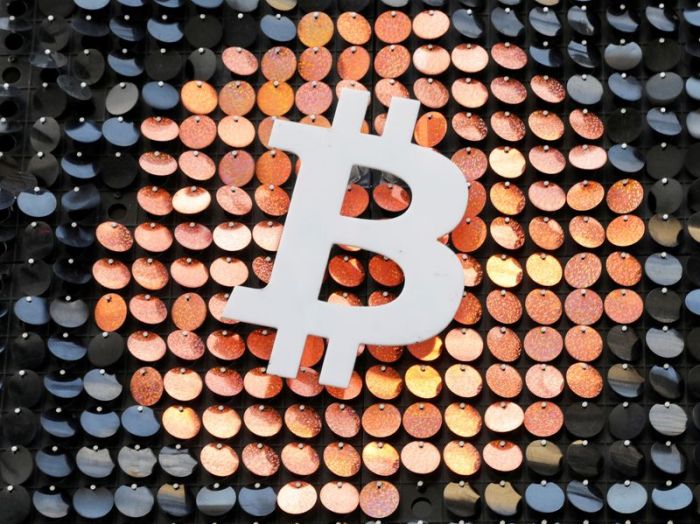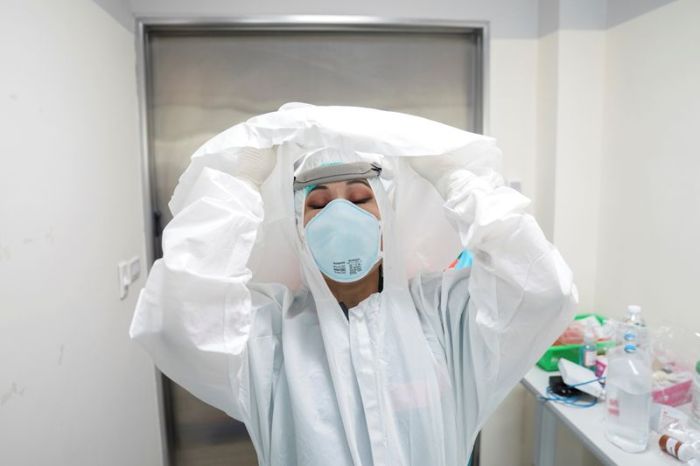LONDON (Reuters) -Britain wants to see progress soon in talks with the European Union on solving the post-Brexit Northern Irish border riddle, with its minister in charge of ties with the bloc urging member states to meet their obligations.
After the United Kingdom left the European Union’s orbit at the end of last year, checks were introduced on some goods moving from mainland Britain to Northern Ireland, which has a land border with EU member Ireland.
The checks triggered anger and a perception among pro-British unionists in Northern Ireland that the Brexit deal divides them from the rest of the United Kingdom, a shift they say could sink the 1998 peace deal that brought an end to three decades of violence there.
British Prime Minister Boris Johnson, who had promised there would be unfettered trade between Northern Ireland and the rest of the United Kingdom, unilaterally extended a grace period on certain checks to minimise supply disruption, a move Brussels said breached the Brexit divorce deal.
David Frost, the minister in charge of ties with the EU, said he wanted the bloc to meet its obligations under the Brexit deal to try to minimise barriers in trade between Britain and the province, but had yet to have the conversation.
He also said there should be progress before July 12, when Northern Irish loyalists gather to mark the 1690 victory at the Battle of the Boyne by Protestant King William of Orange over Catholic King James of England and Scotland.
“I would like to feel that we will be making progress with the EU in good time before that date,” he told a parliamentary committee.
Earlier, the BBC said Britain was asking the EU to introduce checks slowly. From October, checks on fresh meat products could begin, extending to dairy products, plants and wine from the end of Jan. 2022, the BBC reported.
Irish Prime Minister Micheál Martin said separately he wanted the deal to work, adding he did not get an immediate sense from his meeting with Johnson that London wanted to rewrite the trading arrangements, as reported this week in the Irish media.
“We were very clear and are very clear that this is an international agreement, commitments have been made and it needs to be worked, and the processes that are in it need to be worked also,” Martin told an online event when asked about the Irish national broadcaster RTE report.
Preserving the delicate peace without allowing the United Kingdom a back door into the EU’s single market via the Irish border was one of the most difficult issues of nearly four years of tortuous talks on the terms of Britain’s exit from the bloc.
Some fear the dispute over the Northern Ireland protocol, designed to prevent a “hard” border, could spill over into violent protest in the province in the coming months.
Britain’s retail industry lobby group on Monday called for urgent talks between the major supermarket groups it represents and European Union and British officials to discuss proposed new post-Brexit Irish Sea border checks for food products.
(Reporting by Guy Faulconbridge, Alistair Smout, Writing by Guy Faulconbridge and Elizabeth Piper; Editing by Michael Holden, Catherine Evans and Alexander Smith)

























